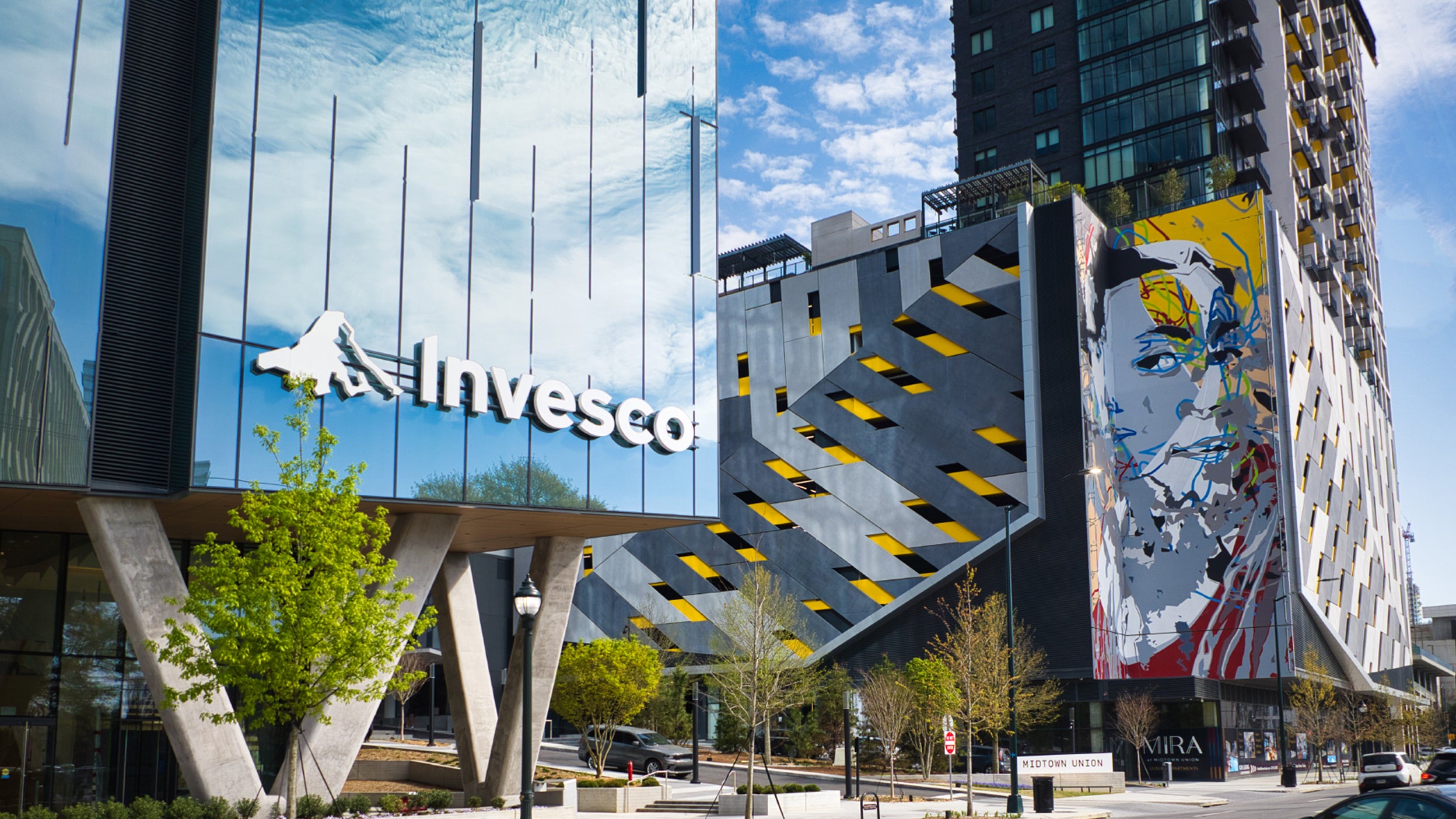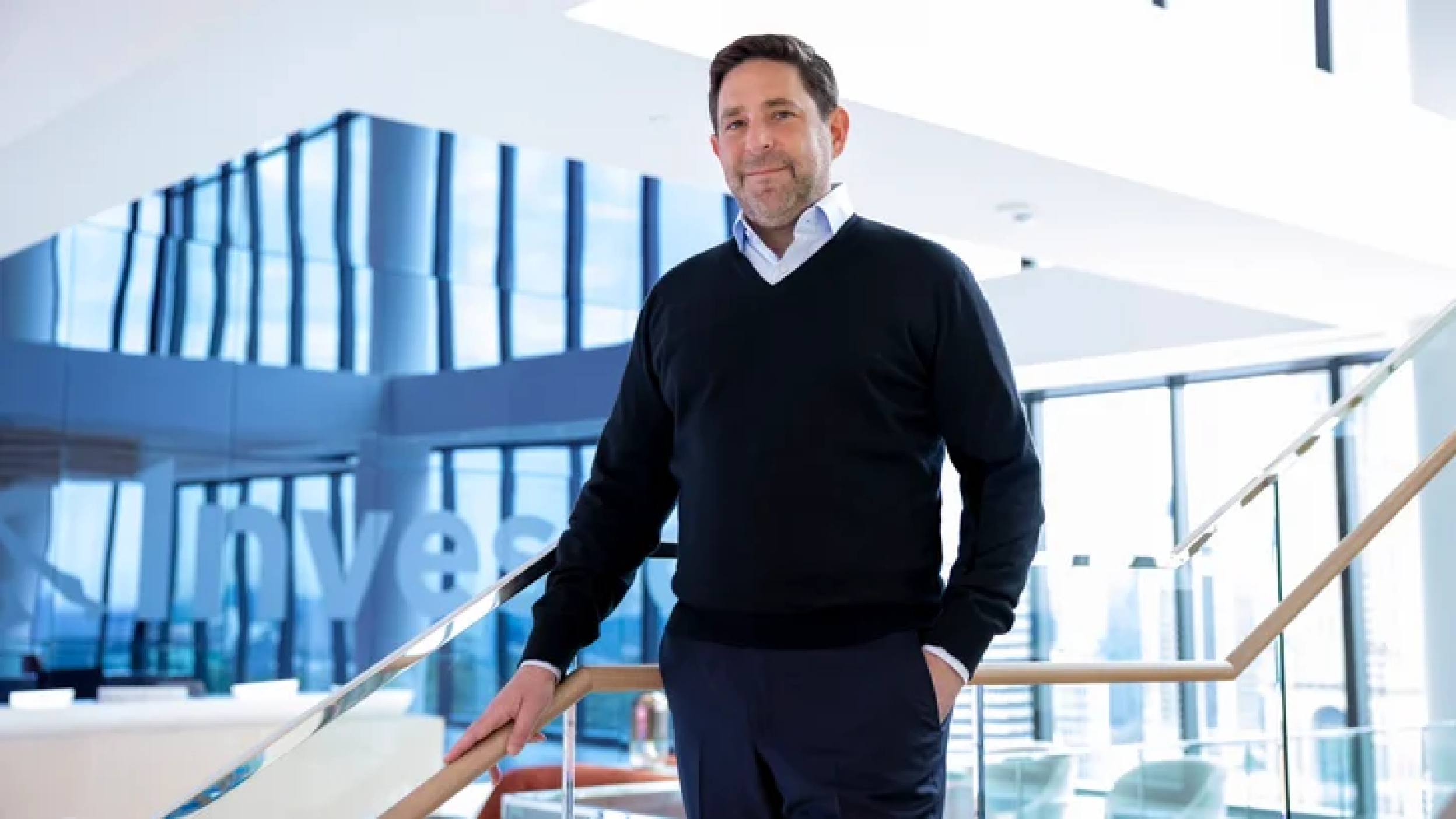Corporate news

First quarter 2025 results
Our latest results for the three months ended March 31, 2025 are now available
Transcript

Invesco and MassMutual announce repurchase and strategic partnership
Invesco and MassMutual announce repurchase of $1 billion of Invesco preferred stock and new strategic product and distribution partnership with Barings.
Transcript
Investor relations resources
Events
Stay updated on Invesco’s investor events, earnings releases, and financial performance insights.
Transcript
Earnings releases
Access Invesco’s earnings releases for comprehensive details on financial performance and strategic insights.
Transcript
Annual reports
Access Invesco’s annual reports and proxy statements for detailed financial performance and strategic insights.
Transcript
SEC filings
Read reports, proxy statements, and other information that Invesco files with the Securities and Exchange Commission.
Transcript
Credit ratings
Review Invesco’s credit ratings, outlook from top agencies, and assessments of financial stability and public debt.
Transcript
AUM releases
Access Invesco’s latest AUM releases for detailed insights on assets under management and financial performance.
Transcript
About Invesco

Who we are
Our company and culture
Founded in 1935, Invesco is an independent investment management firm with an on-the-ground presence in more than 20 countries around the world.
Transcript

Who we are
Our leadership
Invesco’s Board of Directors oversees the company, supports management in achieving key strategies and objectives, and represents the interests of all shareholders.
Transcript

News and Insights
CEO insights
Andrew Schlossberg, president and chief executive officer, shares perspectives on global news, industry trends, and company culture.

